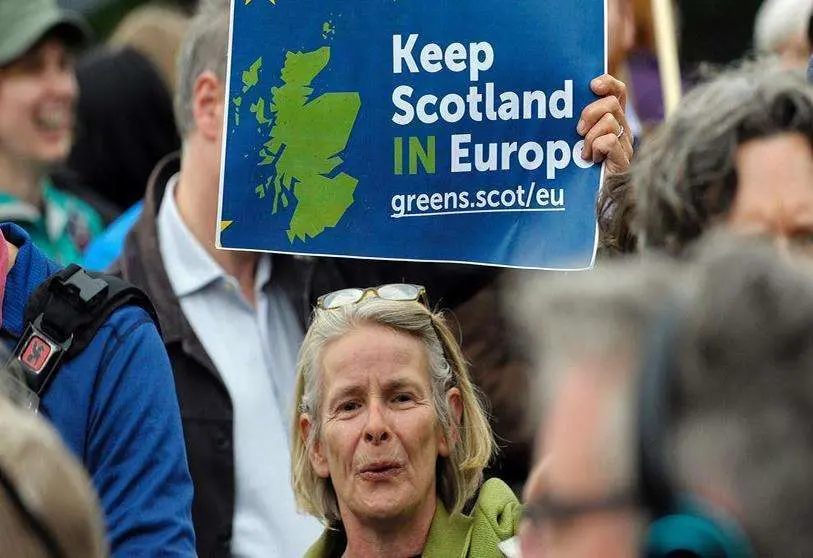Scotland without an independence referendum

Scotland will be left without the possibility of holding a new official referendum on independence. The High Court of Justice of the United Kingdom, to which the president of the Scottish Nationalist Party (SNP), Nicola Sturgeon, had appealed, has refused authorisation to hold the referendum scheduled for 19 October next year. The Court ratified the refusal already expressed a few months ago by the London government, whose authorisation will be required along with the ratification of the Westminster Parliament. The British press recalls that three Prime Ministers have already refused authorisation.
Scotland, with a population of five and a half million, shares the United Kingdom with England, Wales and Northern Ireland. The rejected proposal would be a repeat of the referendum held for the same purpose in 2014, in which the pro-independence proposal was rejected by 55% of the vote. But despite that clear defeat, the leaders of the pro-independence movement, boosted by the Brexit that left Scotland outside the European Union, persisted in their efforts. In reality, it was a matter of following the strategy already familiar to all pro-independence leaders: forcing referendum after referendum until one offers an affirmative result, which would make their objective irreversible.
Sturgeon, who already foresaw this decision by the Supreme Court and senses that no government, whether Conservative or Labour, is going to contradict her, had already announced an alternative plan that envisages including the desire for separation in some way in the general elections throughout the United Kingdom, tentatively scheduled for 2025. The pro-independence supporters include in their propaganda to win support that achieving a state of their own would allow them to immediately become the 28th country in the EU.
The High Court understands that the consultation has already taken place and that its potential results, although focused on Scotland, affect the whole of the United Kingdom and therefore it must be the London government that has the power to authorise it. The news was released on Wednesday morning and the unease it created in Edinburgh - Scotland's capital - was not long in coming. In London, on the other hand, it is considered excellent for the debut in office of both King Charles III and the " Premier " Rishi Sunak.
The entire European press is echoing the news. There are several countries where there are pro-independence parties or movements for whom this blunt decision is a serious blow. The clearest precedent in living memory is that of Quebec, the French-speaking state of Canada, where, after three defeats for supporters of independence, future referendums were stopped by a Supreme Court decision without banning them, but imposing complex conditions for achieving them that in practice are almost impossible to achieve.

